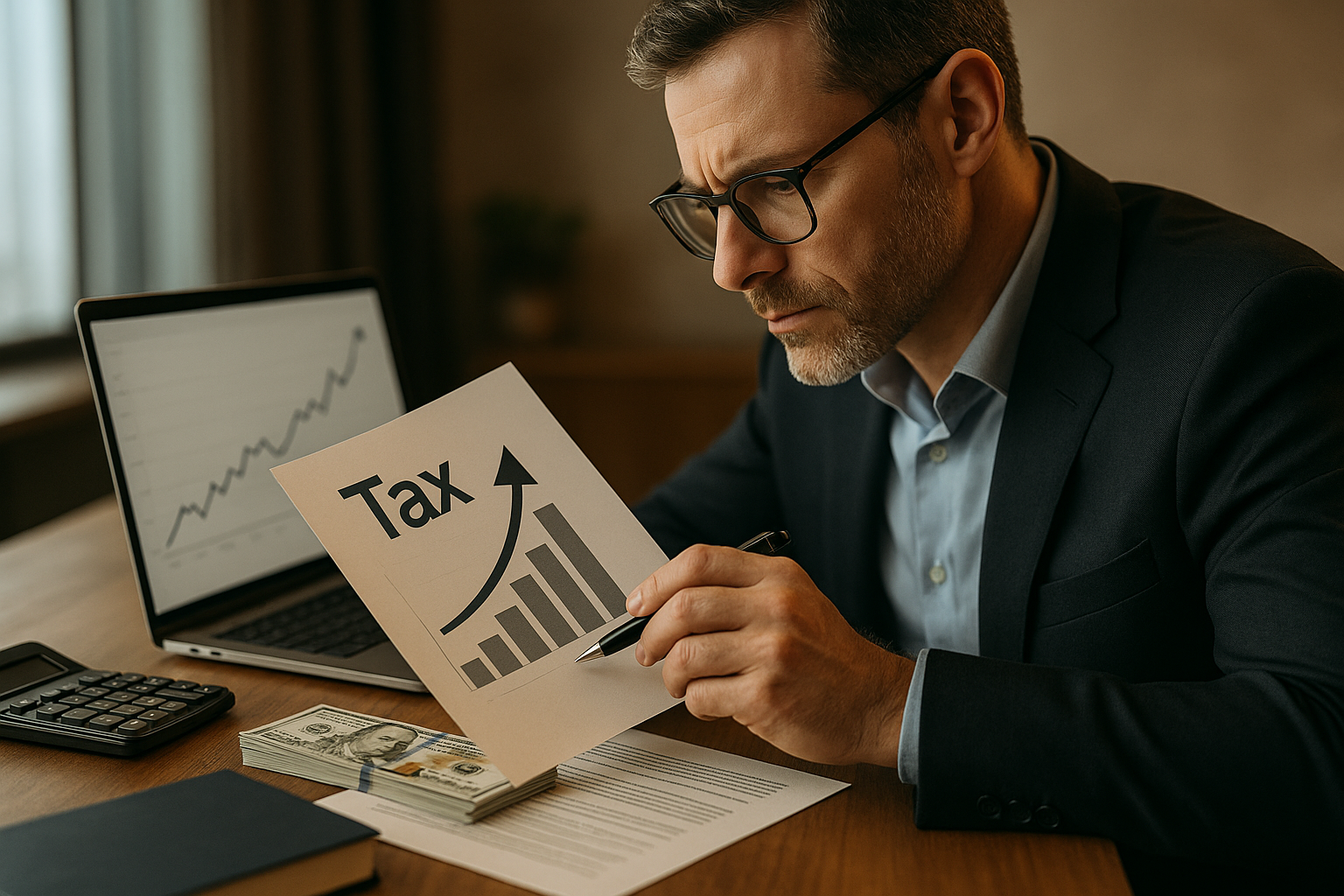Understanding Tax Preparation Costs and Professional Services
When tax season approaches, many individuals and businesses face the decision of whether to handle their tax returns independently or seek professional assistance. The complexity of tax codes, changing regulations, and potential for costly mistakes make this choice increasingly important. Professional tax preparers offer expertise that can save time, reduce stress, and potentially identify deductions or credits that might otherwise be missed. Understanding the various factors that influence costs and the benefits of professional services can help you make an informed decision that aligns with your financial situation and tax complexity.

What Factors Affect the Cost of Hiring a Professional for Your Tax Return
Several key elements determine how much you’ll pay for professional tax preparation services. The complexity of your tax situation serves as the primary cost driver. Simple returns with only W-2 income and standard deductions typically cost less than returns involving multiple income sources, business ownership, rental properties, or investment portfolios.
Geographic location significantly impacts pricing, with professionals in major metropolitan areas generally charging higher rates than those in smaller towns or rural areas. The experience level and credentials of the tax preparer also influence costs, as Certified Public Accountants (CPAs) and Enrolled Agents typically command higher fees than seasonal tax preparers.
Additional factors include the time of year you file, with last-minute preparations often carrying premium charges, and any additional services required such as tax planning, audit representation, or amended returns. The format of your records can also affect costs, as disorganized or incomplete documentation may require additional time to process.
Why Hire a Professional for Your Tax Return
Professional tax preparers bring extensive knowledge of current tax laws and regulations that most individuals lack. They stay updated on annual changes, new deductions, and credits that could benefit your specific situation. This expertise often results in maximized refunds or minimized tax liabilities that can offset their service fees.
Time savings represent another significant advantage. Tax professionals can complete complex returns in hours rather than the days or weeks it might take an individual to navigate unfamiliar forms and requirements. This efficiency becomes particularly valuable for business owners or those with complicated financial situations.
Error reduction is crucial, as mistakes on tax returns can trigger audits, penalties, or delays in processing. Professionals understand common pitfalls and have systems in place to verify accuracy before submission. Many also provide audit support or representation services, offering peace of mind throughout the process.
Hourly Rates and Flat Fees for Tax Preparation Compare
Tax professionals typically use two primary pricing structures: hourly rates and flat fees. Hourly rates provide flexibility for complex situations where the time required is difficult to predict upfront. This structure works well for business returns, estate planning, or situations requiring extensive consultation and planning services.
Flat fee arrangements offer predictable costs for straightforward tax situations. Many preparers establish set prices based on form types and complexity levels, making it easier for clients to budget for tax preparation expenses. This approach typically works best for individual returns with standard deductions and common tax situations.
Some professionals offer hybrid pricing models, combining flat fees for basic preparation with hourly rates for additional services like tax planning or consultation. Understanding these different approaches helps you choose the most cost-effective option for your specific needs.
| Service Type | Provider | Cost Estimation |
|---|---|---|
| Basic Individual Return | H&R Block | $69-$399 |
| Complex Individual Return | Local CPA | $300-$800 |
| Small Business Return | TurboTax Live | $119-$739 |
| Partnership/Corporate Return | Independent Tax Professional | $500-$2,500 |
| Hourly Consultation | Enrolled Agent | $75-$300 per hour |
The value proposition of professional tax services extends beyond immediate cost considerations. While DIY software might seem less expensive initially, the potential for missed deductions, errors, or time investment often makes professional services worthwhile. Many taxpayers find that the expertise and peace of mind provided by qualified professionals justify the expense, particularly as their financial situations become more complex.
Consider your comfort level with tax preparation, available time, and the complexity of your financial situation when evaluating options. Simple situations with standard deductions might be suitable for self-preparation, while business ownership, multiple income streams, or significant life changes often warrant professional assistance.
Professional tax preparation services offer valuable expertise, time savings, and error reduction that can justify their costs for many taxpayers. Understanding the factors that influence pricing and comparing hourly versus flat fee structures helps you make informed decisions about your tax preparation needs. Whether you choose a large chain, local CPA, or independent professional, the key lies in finding a qualified preparer whose services align with your specific tax situation and budget requirements.
Prices, rates, or cost estimates mentioned in this article are based on the latest available information but may change over time. Independent research is advised before making financial decisions.




